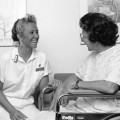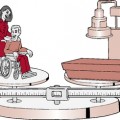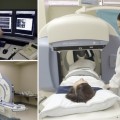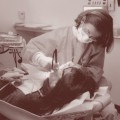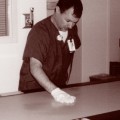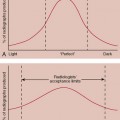CHAPTER 3 On completion of this chapter, you should be able to: • Identify the qualities of a critical thinker. • Identify the assumptions, ethics, and values in written works. • Discern fallacies in arguments. • Control psychologic impediments to sound reasoning. • Recognize the effects of authors’ background beliefs on reasoning. • Present valid facts, evidence, and statistics. Critical thinkers are valued for their ability to look at a situation from a variety of perspectives. They are able to discern the best possible way to react to a situation, making them ideally suited for work in the health care profession. Box 3-1 summarizes the characteristics that a critical thinker needs to possess.
Critical Thinking Skills
Need for critical thinking
Qualities of a Critical Thinker
![]()
Stay updated, free articles. Join our Telegram channel

Full access? Get Clinical Tree


Critical Thinking Skills

